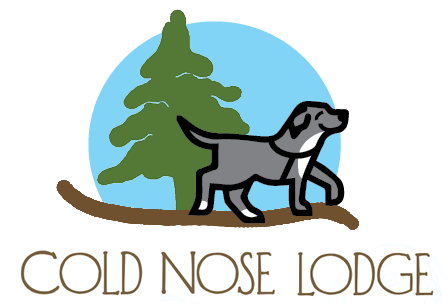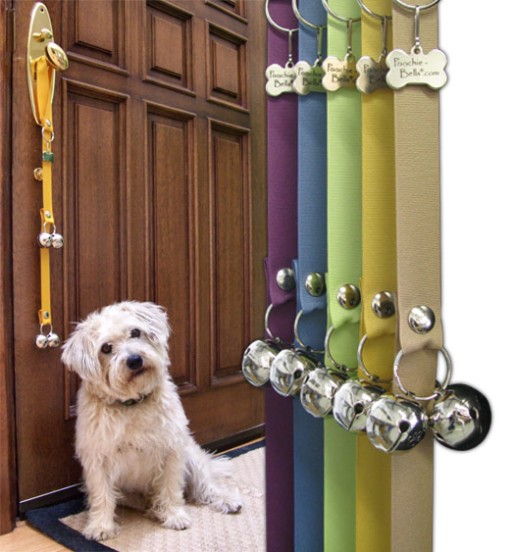Prepping for Puppy Part 2
It is getting closer to winter break, and closer to your new puppy’s arrival. In our last post, we focused on the supplies needed for your puppy. In this post, we will focus on naming your puppy and the first steps of training.
 After selecting your puppy, the next biggest choice for you is the name. When selecting a name, be sure to practice using it in context. Pick a name that you are comfortable using daily. Imagine yelling the name out your back door for your neighbors to hear. Do you still like your choice? Pick a name that doesn’t sound like other names in your household. You don’t want to call your son down for dinner and have your puppy think you are calling him. There are several theories about whether to use one syllable names or two. If you are like me, you will have about five nicknames for your dog by the time he is six months old.
After selecting your puppy, the next biggest choice for you is the name. When selecting a name, be sure to practice using it in context. Pick a name that you are comfortable using daily. Imagine yelling the name out your back door for your neighbors to hear. Do you still like your choice? Pick a name that doesn’t sound like other names in your household. You don’t want to call your son down for dinner and have your puppy think you are calling him. There are several theories about whether to use one syllable names or two. If you are like me, you will have about five nicknames for your dog by the time he is six months old.
Now that you have picked the name, it’s time to teach the puppy what it means. Puppies like food, toys, and attention. Use those three things to your advantage when teaching your puppy’s name. For the first meal home, don’t place a bowl of kibble on the ground. Measure out the proper amount of kibble, but hold onto the bowl. Say your pup’s name while holding a piece of food in front of your nose. When your puppy looks at it (and at you), give the kibble. Repeat this until you run out of food.
Your other big challenge is potty training. This is something to start from the first minutes home. When you get out of your car, before going into the house, walk your puppy around your yard until he pees. The moment the last drop hits the ground, praise your puppy. If you happen to have a treat, you can give it at that point. If you wait more than two seconds to praise your dog, the puppy may not know that you are praising for the actual urination.
Once in the house, keep the soft harness on your puppy to have a handle ready at all times. Use the same door for potty breaks. Hang a bell on the door. Ring it just before opening the door each time. This teaches your puppy that the bell is the signal that opens the door.
Take your puppy outside often, every time he eats, wakes up, plays or starts wandering the house. If your puppy never has the chance to have an accident inside the house, he won’t learn that it is even an option.
If your puppy does have an accident in the house, just clean it up and move on. If you make a big deal about it, your puppy may interpret your attention as praise. Many people reinforce potty accidents in the house without meaning to do so. Your puppy doesn’t understand all the words you are using, just that you are giving him your attention and speaking to him. For cleaning urine, use a towel or paper towels to get up as much of the moisture as possible. Then apply an enzymatic cleaner. We like Pee Be Gone spray.
Don’t forget to sign up for Puppy Kindergarten Class before your puppy reaches four months of age. Cold Nose Lodge classes are posted on our website. www.coldnoselodge.com

